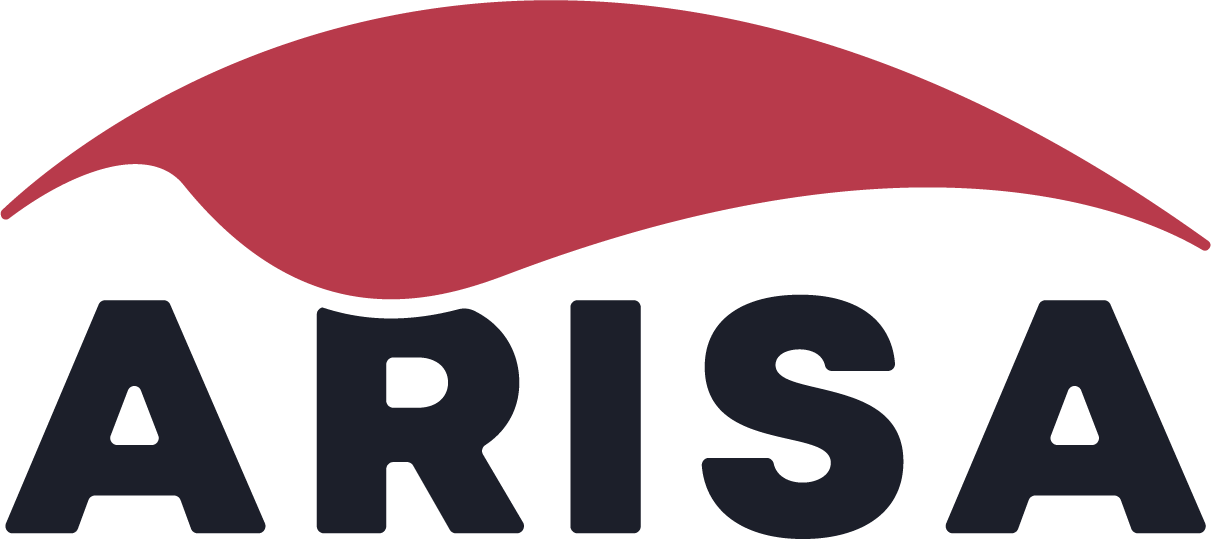Arisa is committed to structural improvements in the garments and textiles sector. Read more about this sector below.
Garments and Textiles
Much information is available on the often poor working conditions in the garments and textiles sector in South Asia. Problems in the sector include low wages, unpaid and excessive overtime, and unsafe factories. These problems and the information available tend to focus on the factories that produce garments, which represent only the first stage (Tier 1) of the overall supply chain.
In addition to investigating these issues at the Tier 1 level, Arisa also investigates working conditions further down the supply chain, beyond the factories: for example, in the spinning and weaving mills where the fabrics come from, and in the fields where the cotton seed is grown.
We also look at living conditions in hostels and other forms of accommodation arranged by employers. The dual dependence on employers – for both work and housing – makes workers particularly vulnerable to exploitation.
In the Indian state of Tamil Nadu, research and Arisa’s long-standing collaborations show that forced and child labour is widespread in spinning mills; particularly among working people living in hostels on the factory site. Where we find links to garment companies in the Netherlands or other European countries, we work to hold these companies accountable. It is essential that companies take responsibility for working conditions and abuses further down their supply chain.
Recycling clothes sounds like a responsible approach, but Arisa’s research into textile recycling in India shows that there are many problems there too. For example, wages in recycling are well below the legal minimum wage, child labour is widespread, and the work is dangerous due to unprotected exposure to dust and chemicals.
Arisa works to bring about structural improvements in the garments and textiles sector. It is part of the international Clean Clothes Campaign and works with companies on projects to address and improve working conditions in producing countries. In addition, Arisa participated in the Agreement on Sustainable Garments and Textiles from 2016 until its close in 2021.
